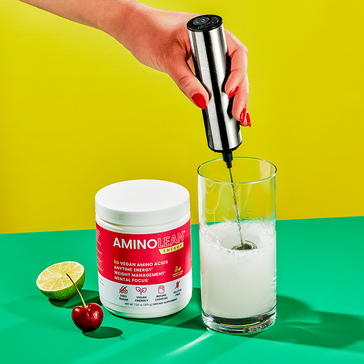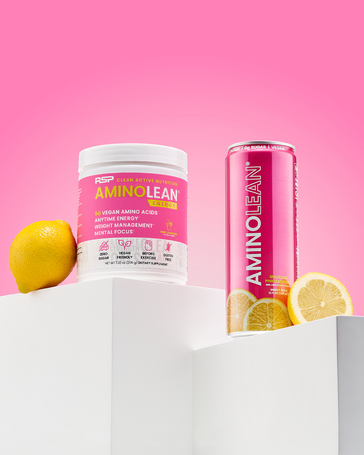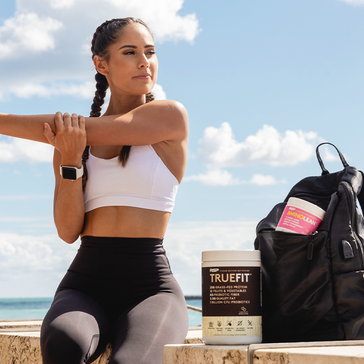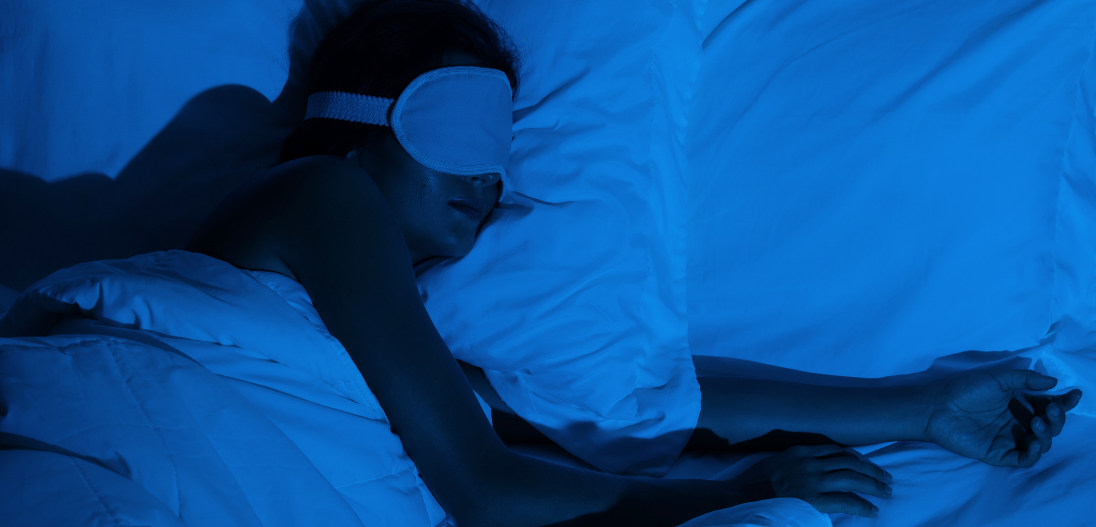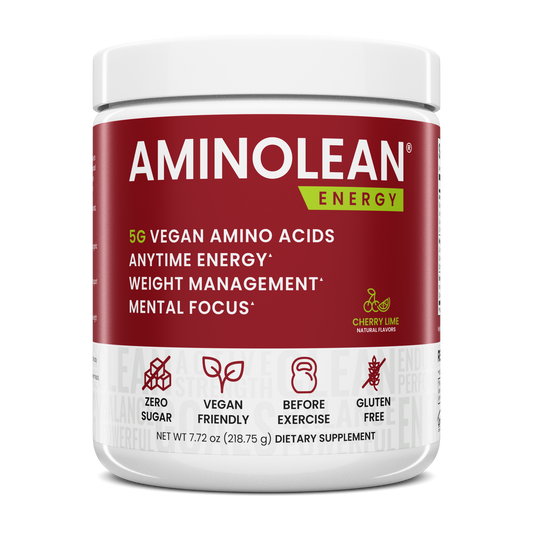By: Licensed Therapist and Wellness Writer, Claire Fountain
Though ‘Hustle Culture’ might have us believe missing sleep is a harmless route to success, there are a myriad of ways lack of sleep can be detrimental to our bodies and overall well-being. According to the CDC, a third of adults in the US report getting less than the recommended amount of sleep every night. By missing out on sleep, there is more at risk than just feeling tired in the middle of the afternoon. Keep reading to learn how sleep is one of the most important aspects for wellness.
Sleep & Work / Focus
Sleep plays an important role in determining cognitive function and productivity. Our brains are not able to process material as well when we lose sleep, leading to more accidents, errors, and loss of overall work productivity. This could also cause physical injury when exercising as cognitive function is needed to perform exercises safely.
Sleep & Mental Health
Research shows individuals with mental health issues sleep less than others. Though a lack of sleep is often a symptom of depression, more current research has suggested depression is linked to less sleep overall. Explore options such as CBT (cognitive behavioral therapy) to improve your quality of sleep—research has shown that those who received CBT reported significant reductions in depression, anxiety, and overall improved well-being.
Sleep & Health
Lack of sleep is linked to a number of unfavorable health consequences, including heart disease, a weakened immune system, and lower sex drive. It can also affect our appetite. According to The Sleep Foundation, there is a relationship between overeating and sleep (or the lack thereof). Our brains have a harder time making sound food choices when we do not have sufficient sleep. This can lead to weight gain, diabetes, and/or obesity.
Exercise & Sleep
Turns out that working out can improve sleep quality and may help us fall asleep more quickly! Though research is unsure how exactly this works, many people see an improvement in their quality of sleep after engaging in moderate exercise for thirty minutes earlier in the day. Try a full body circuit, or going for a quick jog outside.
Tips for Improved Sleep:
- Establish a nightly routine. Whether it is nightly self-care or hygiene, reading a book, setting lights to a certain tone, or drinking a cup of herbal tea, a nightly routine will help prime the body and mind for sleep.
- Set up a welcoming sleep environment. This could mean anything from black out curtains, an eye mask, a lavender bedtime spray, a white noise machine (or sleep sounds from a Google home or Alexis), or setting the room to a comfortable temperature. According to The Sleep Foundation, doctors recommend 60 to 67 degrees Fahrenheit (15.6 to 19.4 degrees Celsius) for the most comfortable sleep. A warm shower or bath could lead to better sleep due to a lower core temperature, which is a circadian sleep signal.
- Avoid stimulants or caffeine close to bed. For some, this might mean no caffeine after 2pm.
- Be conscious of light and light sources.
- Screen light can make it difficult to relax at night. Phones and computers can be set up to auto-dim or shift to night-mode to decrease the blue light and allow your body to prepare for sleep.
- Light can also refer to the actual lights in a room. Many new smart lights ebb and flow as the day goes on to help us achieve the soundest sleep and wake cycles.
- Include daily exercise that you enjoy and ultimately will stick with. Yoga, cardiovascular work, or power lifting are all great ways to move your body. A word of caution: working out too close to bedtime could have the opposite effect and cause you to stay up later. Many people find that grabbing an earlier workout or just waking up earlier helps them sleep better. If you find yourself having a hard time waking up early, try RSP Nutrition's vegan pre workout to get a clean energy boost to help you power through an AM workout or even just start your day right!
- Invest in supplements to aid sleep. Z-Elite by RSP Nutrition contains a blend of zinc, magnesium, vitamin B6, and melatonin which has been formulated to improve REM sleep cycles and support natural hormone levels. It is a great supplement to add to your routine to promote restful sleep.
Hopefully with these tips, sleep and sleep quality can become a priority in our wellness plans that have benefits far beyond simply feeling well-rested.
